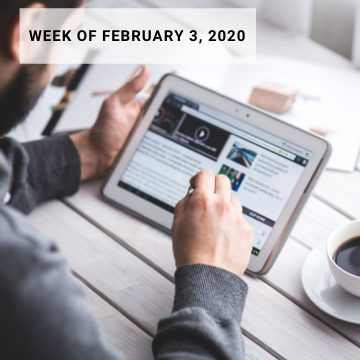A lot of AI models were built for a world that no longer exists. We trained algorithms to interpret consumer behaviour and user patterns based on a certain notion of normality. But the status quo has changed with COVID-19. Let’s talk about the task of rebuilding AI infrastructure.
Online search terms, purchases, location data – every metric right now is suggestive of a society that has nothing to do with what our world looked like a few months ago.
What would you think of early-2020 humans if you were to just look at raw data? Sedentary creatures, obsessed with acquiring toilet paper and prompt to anger over social media.
That’s what Will Douglas Heaven, senior AI editor for MIT Technology Review, focuses on in his article this week.
We’re adapting to the new normal. The machine learning algorithms powering the modern enterprise will need to be revised as well.
Rebuilding AI Infrastructure
Customised Google search
Just like we resort to Google or any other search engine to unearth all the existing information on a certain topic, companies have for long struggled to make it easier for their employees and end-users to search for information across internal data silos.
This week, Amazon announced the general availability of Kendra, its own solution to this problem. The platform leverages natural language processing to let users search for anything they need through natural questions rather than keywords.
And so, automation keeps on permeating and refining enterprise systems.

News from the frontlines
Another week means a new host of tech initiatives meant to combat the spread and effects of the pandemic.
Some weeks ago, Twitter announced a series of tools intended to dissuade users from posting harmful content. This week, Facebook made public early results outlining how its AI-based, hate-speech countermeasures are working. Promising, albeit still a ways to go.
Experts in every discipline are relying on tech to come up with ways of avoiding future catastrophes and carry better, collective lives. The Financial Times examines what one of these experts has to say about re-thinking cities for a better future.
Discover more content about artificial intelligence:
- 5 Online Courses to Get You Up-To-Speed with AI
- AI, IBM Chips, and a Novel Cloud Security Concept: The Week in Tech News
- AI for recruitment: How AI will allow recruiters to focus on people














